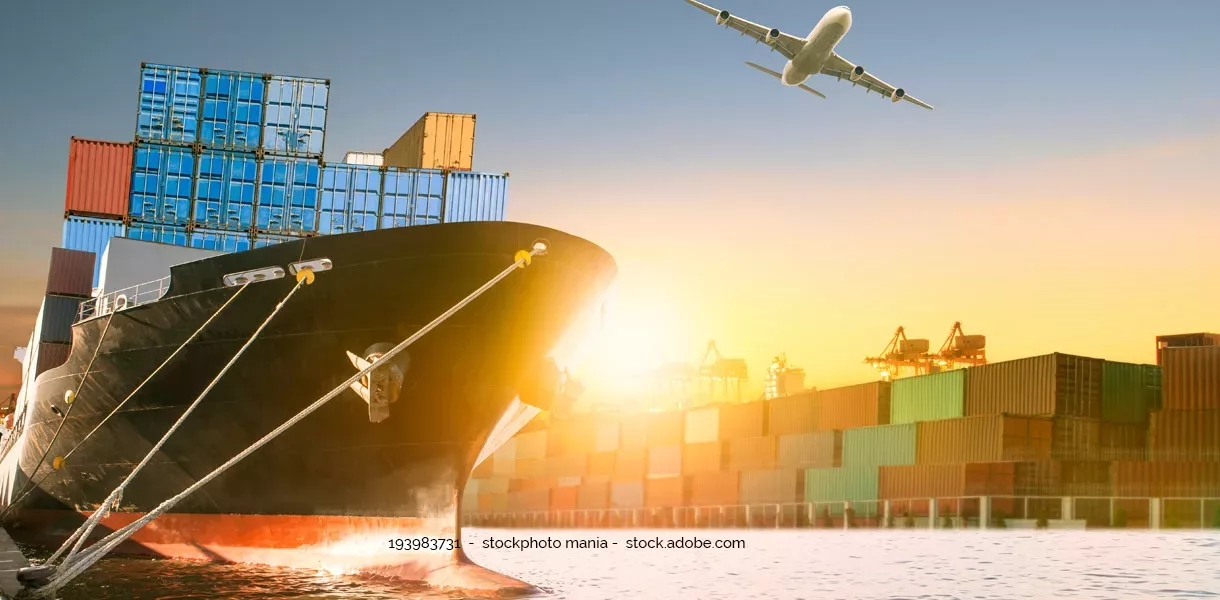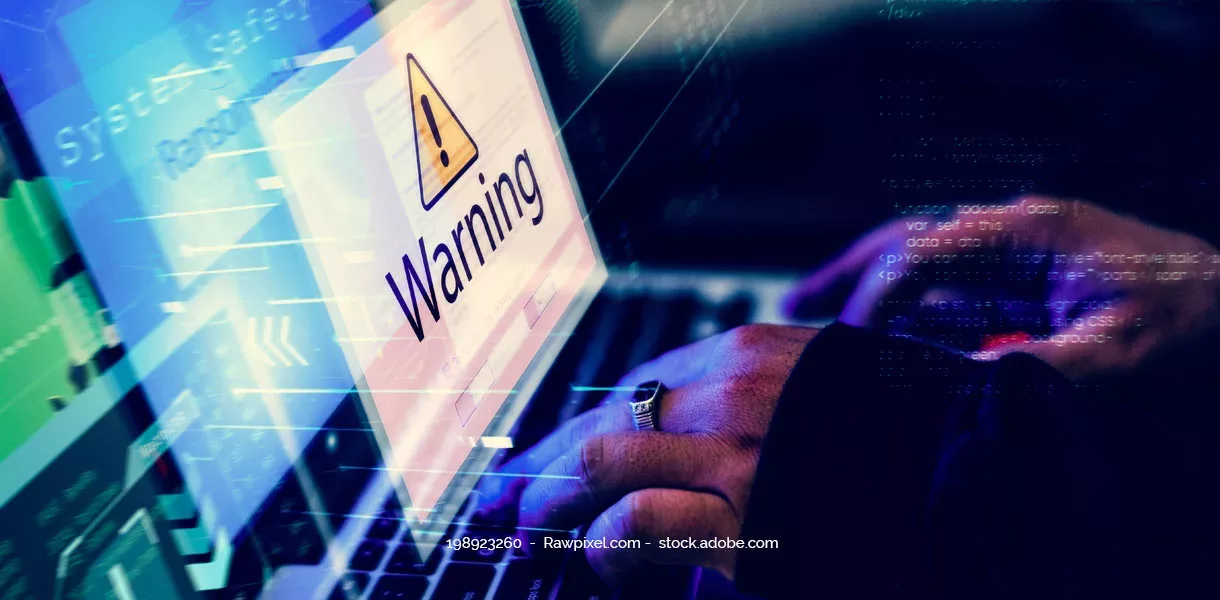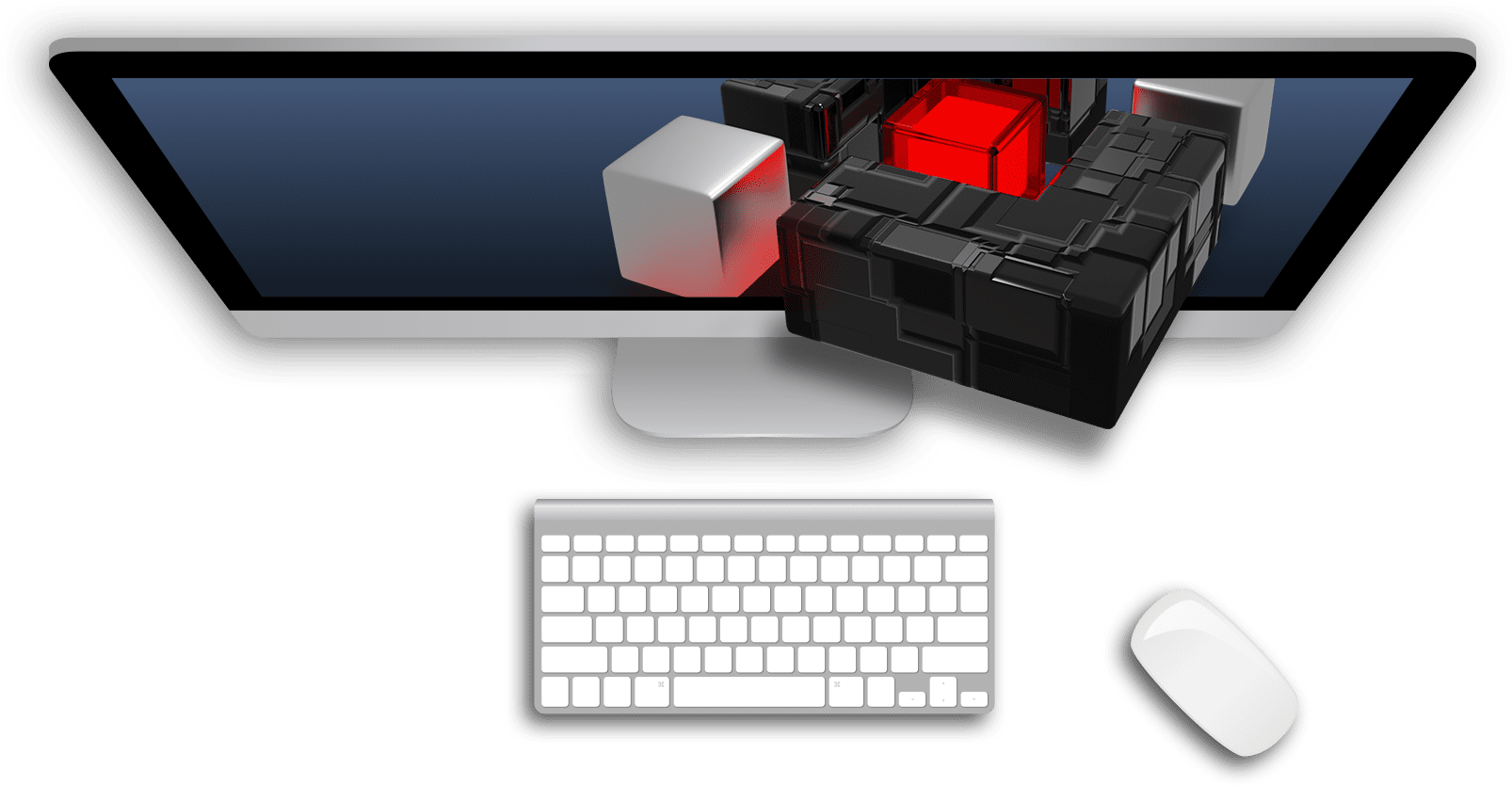Logistics and transport companies are increasingly relying on networking and digital technologies to make processes along their supply chain as efficient, transparent and scalable as possible. This brings IT security further into focus: cyberattacks are considered the greatest threat in the logistics environment. We explain which challenges IT security managers should be prepared for and how they can raise standards:
IT security for logistics & transport companies
The future of logistics is digital – industry experts agree on this. Best practice examples such as automated warehousing thanks to artificial intelligence, forecasts using big data analytics or real-time freight information via supply chain management software are already increasing efficiency, transparency and agility within the transport and supply chain. According to the study “Digitalization in Supply Chains” by the German Association of Materials Management, Purchasing and Logistics (BME) and Fulda University of Applied Sciences, half of the companies surveyed plan to make greater use of innovative digitalization technologies by 2027 in order to simplify and accelerate processes.
As the industry continues its digital transformation, IT security is proving to be an important success factor. Cybercrime costs companies billions worldwide – since the pandemic and the Russian war of aggression on Ukraine, the global movement of goods has also been increasingly affected. Therefore, constant monitoring along the supply chain and continuous adaptation of own IT security standards is essential. “In a forward business like logistics, systems and communication tools must be available throughout. Otherwise, companies risk additional costs due to IT-related supply chain disruptions,” knows Christoph Sczigiol, Service Consultant at DGC. “These range from increased storage and transportation costs to contractual penalties due to late delivery.”
According to Christoph Sczigiol, cyber security is also necessary when parts of the order processing are still done in paper form – and, for example, a truck driver presents the freight documents at the inter-European border in printed form. “Often, the upstream and downstream logistics processes are already running digitally and must be protected accordingly to avoid disruptions of any kind.”
Real cyberrisks 2023 for critical infrastructures like logistics & transportation
Cyber attacks on the supply chain primarily take the form of distributed denial of service (DDoS) attacks: Here, attackers, often organized via the instant messaging service Telegram, cause systems to be overloaded with greatly increased data traffic. “Affected companies are severely limited in their ability to act and react. Services and applications crash and transactions running in the background are delayed,” says Christoph Sczigiol. “Responsible parties have to initiate countermeasures in the shortest possible time to ward off the DDoS attack and avoid costly consequences.” However, companies can hardly cover such an agile approach internally due to the growing complexity.
Ransomware attacks also pose a significant threat across all industries: Using the ransomware, entire IT infrastructures are encrypted and companies are tricked into paying high ransom sums to release their data and systems. These incidents have grown in size over the past year, in DGC’s view. While the hacker groups behind them were previously primarily concerned with financial gain to expand their own criminal infrastructure, the focus today is on demonstrating power. This is because attacks on critical infrastructures, which also include the transport and traffic sector and thus logistics, can quickly provoke massive repercussions, as Matthias Nehls, founder and managing partner of the DGC, explains in an interview on cyber risks in 2023.
Do you want to ensure that your transport and supply chains are optimally protected against cyber attacks?
3 tips for increasing IT security at logistics and transport companies
To increase IT protection in the transport and logistics environment, the experts at the German Society for Cyber Security recommend the following measures in particular:
Keeping software and hardware up to date with the latest technology
Logistics and transport companies should always keep their IT infrastructure up to date with the latest technology. It is not uncommon for outdated operating systems to be in use that no longer receive security updates. In addition, the company’s own system landscape must be continuously checked for vulnerabilities and security gaps. Ideally, this should be done with the help of an IT security tool such as cyberscan.io®, which processes current information from a variety of renowned sources. The risk posed by vulnerabilities must always be assessed individually: Sometimes a vulnerability in the medium risk category is more critical for your own company than one that is generally rated high. In order to set the right priorities, it pays to exchange information with external IT security experts who can support internal teams in the area of security advisory, among other things.
Strengthen IT security awareness among employees
Logistics and transport companies are well advised to regularly train their entire workforce to deal with social engineering attacks. Security awareness training and training measures such as phishing campaigns help to minimize the “human security gap”. Ideally, employees learn how to protect themselves and the company from attacks based on their own level of knowledge and in accordance with ISO standards. In this context, they should also be informed about current attack paths and threat scenarios. In this way, a shared IT security awareness is created in the company, which includes sensitive handling of passwords or conspicuous e-mails, for example, and allows the workforce to become a human firewall.
Define IT security standards in the cyber ecosystem
Due to the increasing networking of people and machines in the logistics environment, IT security must be considered holistically. In order to prevent one’s own company from being attacked despite generally good IT protection, the interfaces to supply chain partners must be adequately secured. If the same security standards are not applied, this creates points of attack for cyber criminals. For this reason, the company’s own value chain should be defined as a cyber ecosystem and protected accordingly. The topic of API security plays an important role here. The aim is to guarantee the security of web-based services, data and applications – and thus, for example, to ensure a trouble-free connection between headquarters and the vehicle fleet.
IT Security Act 2.0: What will change for critical infrastructure operators in 2023?
Operators of critical infrastructures – i.e., companies from the energy, information technology and telecommunications, transportation and traffic, health and water, food, finance and insurance, and municipal waste disposal sectors – must comply with increased legal requirements under the IT Security Act 2.0. Among other things, they face the task of implementing attack detection systems by May 2023 to provide greater protection against cyberattacks. The exact criteria have been defined in the CRITIS regulation and vary according to company size, among other things. Due to the complexity, it is advisable to allow sufficient time for planning and implementing the legal requirements. Consulting should not be covered by a traditional IT service provider, as cyber security is a complex discipline in its own right and requires specialized expertise.
This is how DGC supports logistics and transport companies in raising their IT security standards
As a provider of 360° cyber security, DGC supports transport and logistics companies in monitoring current developments and meeting challenges with a customized IT security concept. Security managers should keep in mind that the more networked the supply chain, the more vulnerable the network is to cyberattacks.
For all-round protection, DGC relies on cyber security partnerships in which solutions and services such as cyberscan.io®, penetration tests, security awareness training and security incident response by the Cyber Defense Operation Center (CDOC) can be combined on a modular basis as required. This enables you to keep an eye on the entire value chain of your company as a cyber ecosystem and to establish and maintain optimum standards in the area of IT security together with your business partners.




